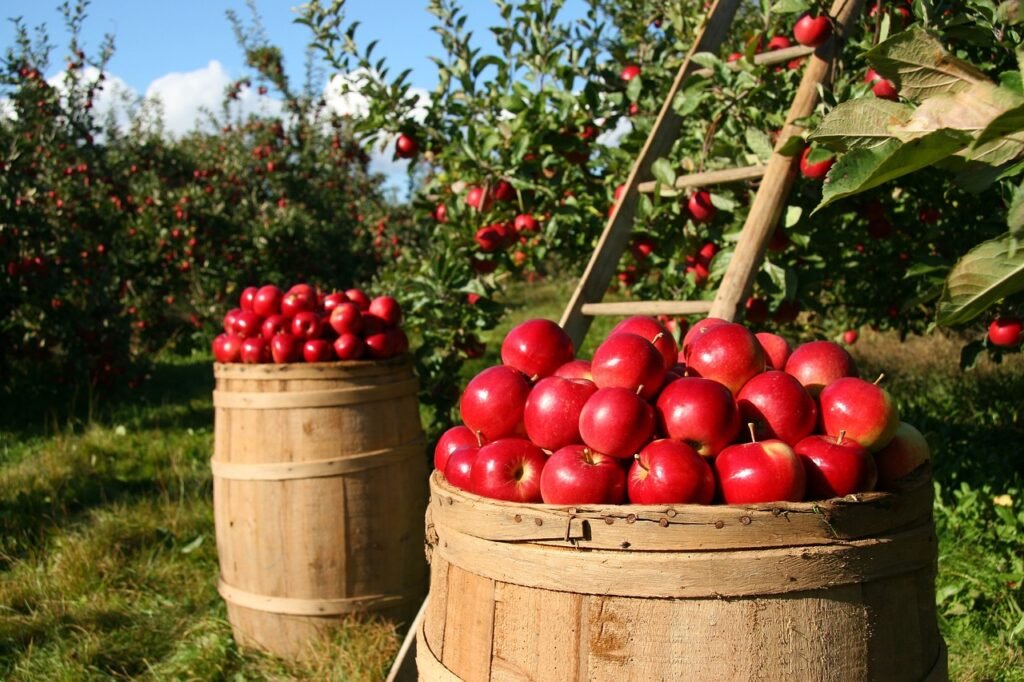Organic Cultivation

Organic cultivation refers to a method of farming and gardening that relies on natural processes and avoids the use of synthetic fertilizers, pesticides, herbicides, and genetically modified organisms (GMOs). It focuses on sustainable practices that promote soil health, biodiversity, and environmental conservation.
Soil Management: Organic farmers prioritize soil health by using techniques such as composting, crop rotation, and cover cropping to improve soil fertility, structure, and moisture retention. They avoid synthetic fertilizers and instead rely on organic fertilizers like compost, manure, and natural mineral amendments.
Pest and Disease Management: Organic growers use various strategies to manage pests and diseases without relying on synthetic chemicals. This includes promoting beneficial insects, crop rotation, using resistant plant varieties, employing physical barriers, and practicing proper sanitation and hygiene.
Weed Control: Organic cultivation emphasizes weed control through mechanical methods like hand-weeding, hoeing, mulching, and using cover crops. This reduces the need for synthetic herbicides.
Biodiversity Conservation: Organic farmers encourage biodiversity by preserving natural habitats, incorporating hedgerows and windbreaks, and creating diverse crop rotations. This promotes natural pest control, pollination, and overall ecosystem health.
Prohibition of GMOs and Synthetic Inputs: Organic cultivation prohibits the use of genetically modified organisms (GMOs) and synthetic inputs, such as synthetic fertilizers, pesticides, and herbicides. Instead, organic farmers rely on natural, non-synthetic alternatives.
Certification: Many countries have established organic certification programs to ensure that organic products meet specific standards. These certifications involve inspections, adhere to organic practices, and labeling requirements.
Benefits of organic cultivation include reduced environmental impact, improved soil quality, increased biodiversity, and decreased exposure to potentially harmful chemicals in food. Organic products are often sought after for their perceived health benefits and sustainable production methods.
It’s important to note that organic cultivation requires careful planning, monitoring, and knowledge of organic practices. Farmers and gardeners interested in organic cultivation should consult resources, attend workshops, and seek guidance from organic farming organizations to ensure they are implementing the best practices for their specific context.

